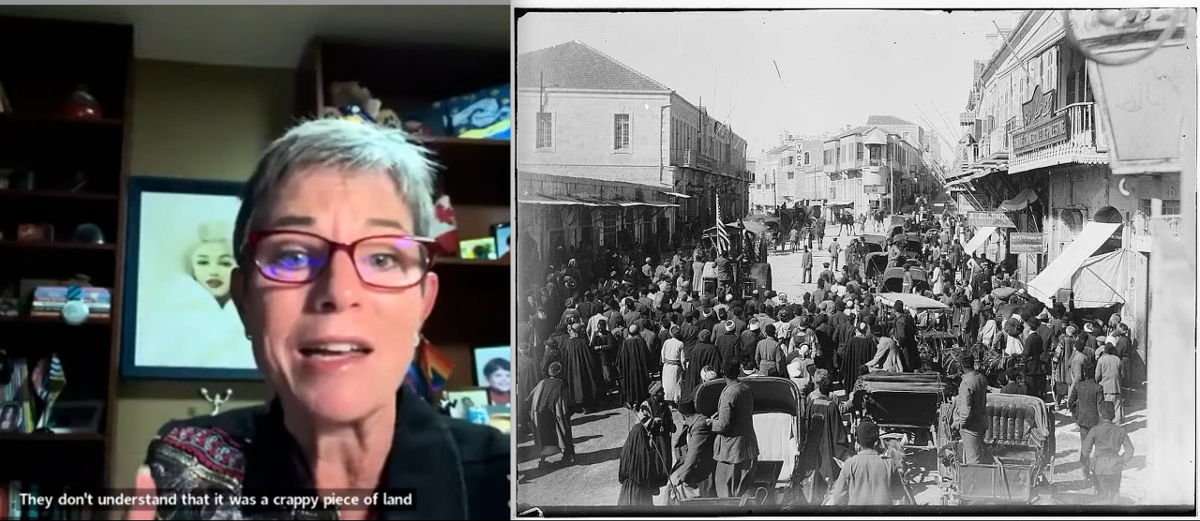But once the floodgates opened (as many thought they would), the instant four women came forward with allegations of sexual violence, I was reminded of an inescapable – and often, painful – reality that continues to affect women in droves.
Denial.
Denial of women’s experiences.
Four women came forward and they were not believed. Four unrelated women (educated and employed, the Toronto Star reminded us, in a failed pre-emptive attempt to prop up their credibility) came forward with allegations of non-consensual abuse, and yet most people preferred to take the words of one guy (albeit a famous guy) on Facebook as the undisputed truth and nothing but the truth.
“Conspiracy” was thrown around much too casually for something that didn’t involve the Illuminati or the New World Order. Many just as flippantly speculated that it must be jilted, jealous ex-girlfriends coming out of the woodworks to seek revenge on this successful man and greedily snatch up their 15 minutes of fame. Or perhaps angry feminists were ganging up on poor Jian, because… feminism. We’re angry even when we’ve got nothing to be angry about. Ammirite, ladies?
At the end of the day, however, it had to be anything – anything at all – other than what was staring everyone in the face; four separate women, with absolutely nothing to gain from coming forward, alleging sexual abuse at the hands of a famous man. Even when that number increased to an astounding nine women (and where there’s nine, you just know there’s ten), and even when two bravely came forward and pressed police charges, there were still men around me speculating that these accusations could all be fabrications.
I mean, you don’t need to be a top-notch investigative sleuth to connect the dots. But you can’t connect the dots, unless you’re willing to see the dots.
And to do that, you have to be willing to listen.
Because the denial we just witnessed en masse across the country this past week? That’s what rape culture is. That’s the number one reason why women don’t come forward to report sexual violence. Because they know – way deep in their gut, because of reactions they’ve seen play out over the course of their lives – that most people will doubt them. And after they’re done doubting them, they will vilify everything about them.
I know so many women who have been sexually assaulted (from sexual harassment to full-blown rape) and never came forward to report it, and most likely never will.
You probably do, too. You just don’t know it.
Ask the women around you if they or someone they know has been harassed, groped, flashed, sexually assaulted without their consent, and I guarantee you that you will get an affirmative answer. If you’re shocked by their revelations, chances are you are a man.
Sexual assaults are the most underreported violent crime in North America. According to the 2004 General Social Survey (GSS) on Victimization only one in ten assaults are reported to the police, but do you know what’s even more disturbing? Police-reported data reveals a steady decline in offences coming to the attention of law enforcement. What that means is that, despite this prevailing perception continuing to persist — that women are inclined to callously accuse men of sexual assault when none has occurred — fewer women (not more) are coming forward to report being assaulted.
Why?
Because they see what happens to those who come forward; that’s why.
Because rape culture is about equal parts denial, victim blaming, and the trivialization of women’s experiences that don’t necessarily conform to our stereotypical notions of what constitutes stranger or violent assault.
This past week, a video documenting street harassment in NYC made the rounds. While I quickly shook my head in quiet commiseration while watching, I found myself – quite frankly – amused at the surprised or disturbed reactions of many male friends.
“Oh, it must be staged, tampered with, those guys were planted,” I heard many conclude.
“But some of these guys are just trying to say hello! They don’t mean anything by it,” others helpfully added, in case I was hopelessly confused by the complexity of catcalls.
The tipping point, you ask? A male friend exclaiming (and inadvertently proving Lewis’ Law that “the comments on any article on feminism justify feminism”): “Women are getting raped and murdered around the world right now and you guys are complaining about catcalls?”
Aside from the obviously dismissive nature of such a comment, it’s also completely pointless, since it operates on the fallacy that protesting injustice A would preclude me from protesting injustice B.
In other words, being incensed about one issue does not negate the fact that other issues also deserve (and get) our outrage. Feminism, like most movements, is a multi-tasking operation.
But downplaying and belittling women’s concerns, is ultimately, a big part of denying them.
Rape culture isn’t about some random dude popping out of the bushes raping you. I mean, sometimes it is. But, most of the time, what rape culture is about is a denial of the normalization of violence towards women; this relentless and constant rejection of the validity of our experiences in this world.
Every time I write a piece on rape culture, I inevitably get the “but not all men!” bruised reactions and the people who insist I’m choosing to focus on the words of a minority who are not representative of society.
Only they are. The many men on my social media feed who jumped to Ghomeshi’s defence and refused to believe these women weren’t hateful internet trolls. They were just your average, run-of-the-mill good guys we all know and associate with on a daily basis. The guys who love and support their girlfriends, the fathers who are trying hard to raise decent kids, the men who would never think of disrespecting their female friends.
And yet, these are the guys who found it suspicious that four women (and later, even nine) would allege abuse at the hands of Ghomeshi and not go the police. And then, when women jumped in to defend these women and explain that it’s because we live in a culture that silences and shames victims, they were quick to accuse us of being part of an angry mob out for blood. As if we don’t have anything better to do in our daily lives, but wait around for a popular male celebrity to do something heinous, so we can pounce and take him – and patriarchy – down with one spiteful cackle.
Because, you see, we live in a world where there is still denial of this denial.
When I recently posted a link on my Facebook to an excellent blog post entitled Now is the time for all good men to get out of the way if they can’t lend a hand, in which writer Stephanie Domet implores men to “sit down and shut up” if they aren’t willing to listen and help move the conversation forward, the first reaction I had on my wall was of men not shutting up.
Here was this blog post, clearly written by a woman out of sheer frustration at not being heard, and the immediate result still turned out to be a woman not being heard.
A recent CNN panel regarding that same street harassment video had two women (one, the host of the show, and the other, a guest) reacting with utter dismay at a male guest who insisted they were making too big of a deal, and that “if the men had been hotter, they would have been ok with the catcalling.”
Even when two women are straight-up telling you catcalling is offensive and degrading and makes women feel sexually objectified, the male guest still insisted that they were wrong. At no point does he question why these women feel like this or waffle in his steadfast beliefs. As far as he’s concerned, his perception of their reality still overrides THEIR REALITY. Seriously… think about that for a minute.
Rebecca Solnit, author of Men Who Explain Things to Me, wrote about the “confrontational confidence of the totally ignorant.” By “ignorant,” of course, she means an experience that one simply can’t fully understand because they have no first-person knowledge.
Anita Sarkeesian, who’s endured her own particular brand of online harassment and death threats these days thanks to GamerGate, once said that “the most revolutionary thing you can do is to believe women when they share their experiences.”
Women who watched in dismay as the Ghomeshi sexual assault allegations were questioned, minimized, and dismissed across the country because the victims didn’t go to the police, are now starting to come forward with their own stories in solidarity (and I suspect, utter frustration).
The #RapedButNeverReported hashtag has sparked a conversation that has now gone global and has given many women hope that – perhaps for the first time – their experiences are being seen as credible and being believed.
It’s a silver lining few expected to find last week, but one being welcomed with open arms by many.




